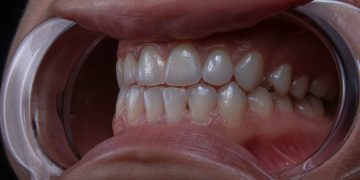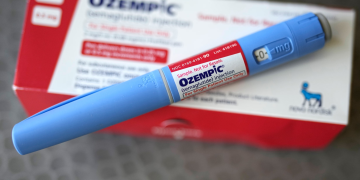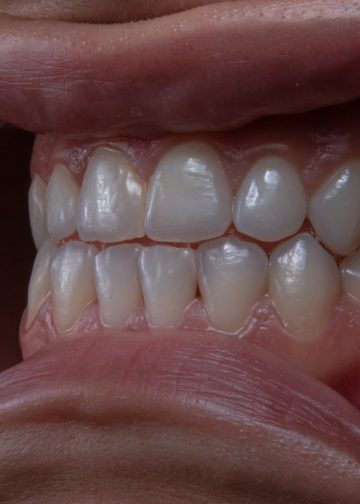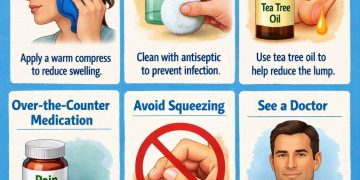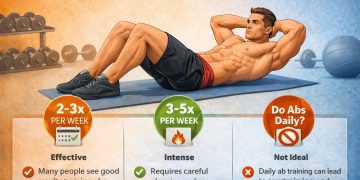It is a universal truth that no life is possible without water
In addition to being the largest component of the body, it also plays a pivotal role in certain bodily functions.
Without a doubt staying hydrated is essential.
Above all, water doesn't cause weight gain. There are zero calories in it.
Health benefits of water
It is a well-acknowledged fact that water carries numerous benefits. It is a zero-calorie drink and yet the most satisfying one in our lives.
Subsequently, some of its key benefits include:
- Flushing toxins from the body
- Keeping the skin healthy
- Formation of saliva and mucus
- Carrying oxygen in the body
- Regulation of body temperature
- Protection to spinal cord, joints, and tissues
- Reduce the risks of urinary tract infection (UTI) and kidney damage
- Ease in the digestion of food.
- Aid in weight loss and prevent constipation
- Boosts energy and helps in nutrient absorption
- Maintenance of blood pressure.
How much water do you need each day?
Intake cannot be based on minimal intake per day as setting a certain limit might cause dehydration.
Moreover, factors like physical activity, diet, metabolism, and climate effect requirement.
For this reason, we experimentally derive the intake level that might meet nutritional adequacy for members of a healthy population.
Therefore, for this purpose, an adequate intake is determined for infants, adolescents, adults, and the elderly.
Additionally, high temperature, humidity, physical activity, exercise, heat stress can impact intake.
Therefore, the food and nutrition board set up daily requirements for water in the U.S.
| Age/Sex | Adequate Intake per day (l) |
| Infants (0-6 months) | 0.7l/day |
| 7-12 months | 0.6l/day |
| 1-3 years old | 0.9l/day |
| 4-8 years old | 1.2l/day |
| 9-13 years old (Male) | 1.8l/day |
| 14-18 (Male) | 2.6l/day |
| Adult (Male) | 3l/day |
| 9-13 years old (Female) | 1.6l/day |
| 14-18 (Female) | 1.8l/day |
| Adult (Female) | 2.2l/day |
Water Intoxication:
It should be noted that an excess dose of anything is bad. This includes water too.
Without a doubt, you will suffer from intoxication if you drink too much. Undoubtedly, hyperhydration can flush useful nutrients from the body.
Furthermore, extreme hydration can have a severe effect on your health. It can harm your brain function, blood pressure, electrolytes, damage kidneys, and so on.
Nevertheless, there are not any guidelines that tell how much water can kill. However, intaking a liter of water every hour is not recommended by doctors.
Even so, there are some symptoms that could point to toxicity:
- Headache
- Nausea
- Fatigue
- Cramps
- Vomiting
- Hypertension
- Confusion
- Double Vision
- Breathing difficulty
Effects of water on the brain

Water accounts for 60-70% body mass of a person.
Obviously not having enough water can lead to dehydration. As a result, muscle endurance and strength decreases.
Additionally, water also accounts for 75% of the brain mass and it is possible to suffer from decreased cognitive performance in dehydration.
Studies have indicated that dehydration could impair cognitive performance in regards to short-term memory, vigilance attention, working memory, and choice reaction.
It should be noted that vision may also be affected by dehydration. However, visual problems occur more in males than in females.
To add further, dehydration could also lead to shrinkage of brain tissue.
Additionally, a better functioning brain helps in
- Reducing Stress
- Relieving headaches and possible preventing them
- Helps in maintaining mood and emotions
- Improving memory
- Increasing oxygen and blood flow to the brain
- Enhancing concentration and cognition
Does drinking water help lose weight
There are a number of studies that claim that water helps in weight loss. The good news these claims are not wrong. It indeed helps in weight loss, and filtered water could be even more beneficial.
However, water plays an indirect role in weight loss. It creates situations that help in the improvement of metabolism.
When you are not drinking enough water your body is not hydrated and lubricated enough to remove excess waste from the body. This leads to much weight gain. You might not even weigh that much.
Without a doubt, it is obvious that staying hydrated is best for you. It fixes your metabolism, and this improvement leads to weight loss.
Another thing that it does is control your appetite. If you drink water, say 10 minutes before a meal, chances are that your cravings would be suppressed. As a result, this will indirectly aid in eating less and controlling the weight.
Conclusion
To sum up, it is necessary to stay hydrated for an ideal lifestyle.
It is obvious that without water many useful functions could not occur.
In the end, stay hydrated but don't let hydration become toxicity.





